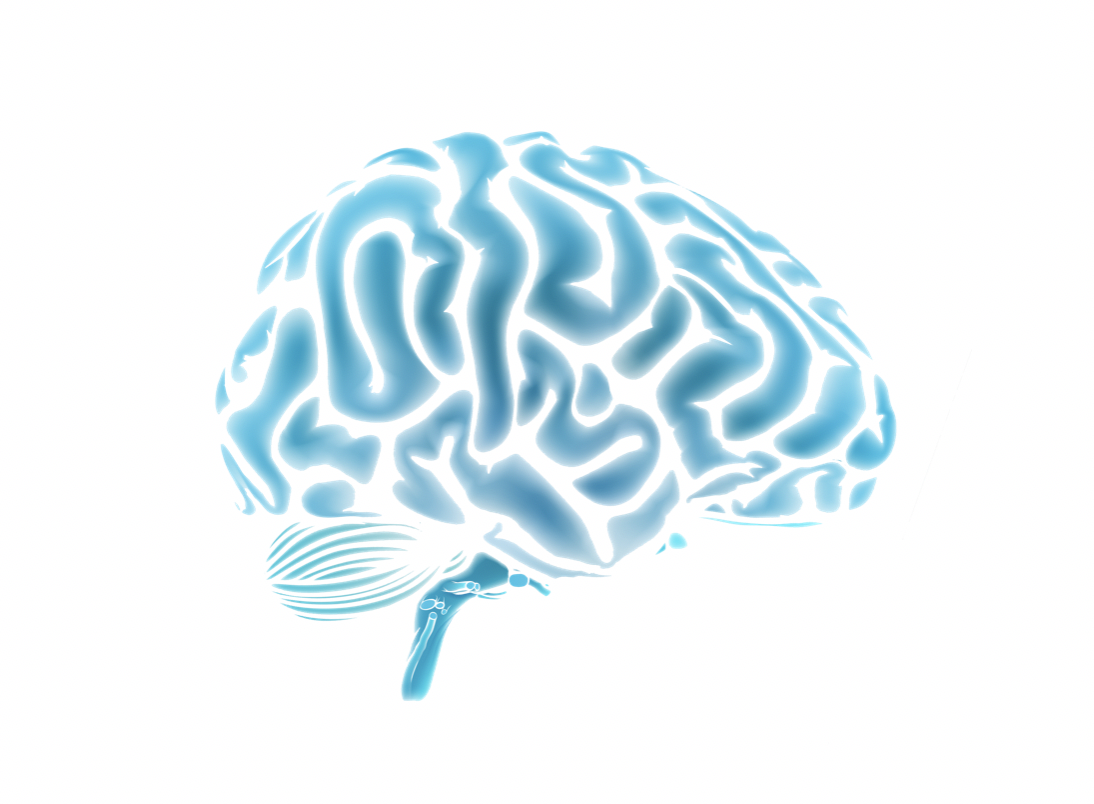Introduction
NeuroSystemics is a pro-social organization leading clinical trainings and personal development programs across the globe. We bring the latest neurosciences, a systemic lens and wisdom traditions to understand how our our nervous system can be better regulated.
This Workshop: “Embodying Cognition”
In the Cartesian worldview, mind and body are considered separate and disconnected. However, the latest neuroscientific evidence show intricate interdependencies between the body, feelings and mental phenomena. This means that our thoughts impact our body, and vice-versa, our body impacts our mood and the quality of our thoughts. In this workshop we will explore theoretically and experientially how body and mind can help one another into helpful cycles of self-regulation. We will also explore how this somatic approach to mental well-being and healing can be practiced in 1:1 relational interactions with a short live demonstrations.
Learning Objectives
After this workshop you will be able to
- Experience a practice to help soothe and energize your nervous system
- Understand the science behind a healthy body-mind relationship
- Practice 3 somatic tools to help nourish and regulate yourself and others
Agenda
The workshop will include:
- Short experiential practices
- Academic and evidence-based presentations of scientific frameworks for nervous system functioning
- 1:1 Live demonstration and analysis
- Q&A
References
- Beckes, L., & Coan, J. A. (2011). Social baseline theory: The role of social proximity in emotion and economy of action. Social and Personality Psychology Compass, 5(12), 976-988.
- Wilson, D. S., & Coan, J. A. (2021). Groups as organisms: Implications for therapy and training. Clinical Psychology Review, 101987.
- Yalom, I. D., & Leszcz, M. (2020). The theory and practice of group psychotherapy. Hachette UK.
- Fredrickson, B. L. (2004). The broaden–and–build theory of positive emotions. Philosophical Transactions of the Royal Society of London. Series B: Biological Sciences, 359(1449), 1367-1377.
- Bernard, H., Burlingame, G., Flores, P., Greene, L., Joyce, A., Kobos, J. C., … & Feirman, D. (2008). Clinical practice guidelines for group psychotherapy. International Journal of Group Psychotherapy, 58(4), 455-542.
- Wilson, D. S., & Wilson, E. O. (2007). Rethinking the theoretical foundation of sociobiology. The Quarterly review of biology, 82(4), 327-348.
- Kubitza, R. (2016). Structural complexity and social cohesion in gregarious animals: from conflict to cooperation.
- Wilson, D. S., & Hessen, D. O. (2018). Cooperation, competition and multi-level selection: A new paradigm for understanding the Nordic model. Sustainable Modernity, 18-35.
Language
English with Turkish translation.

